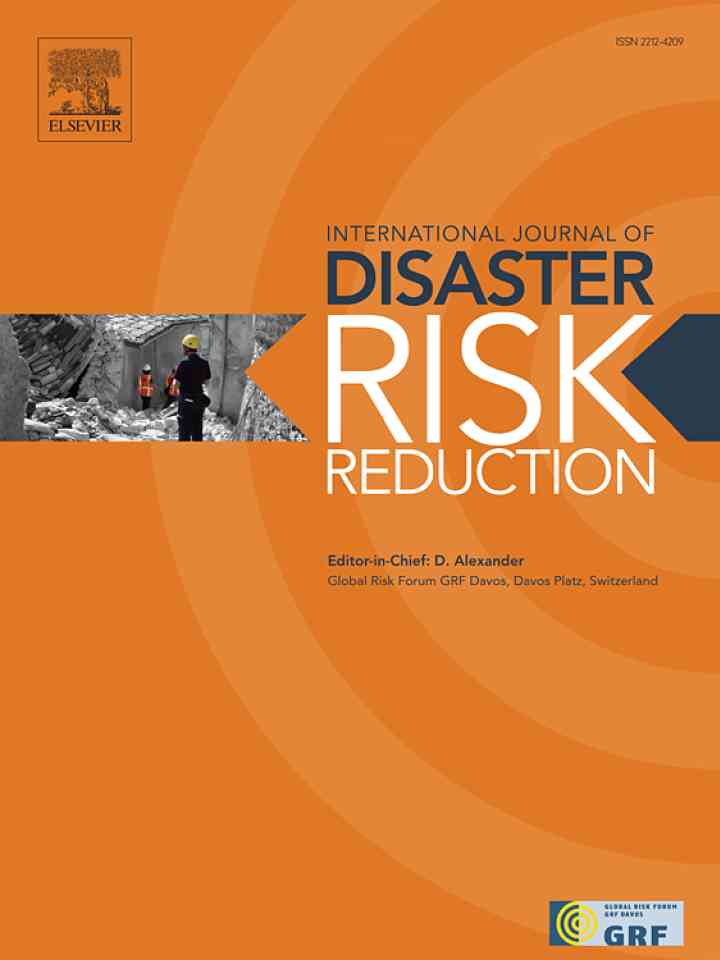Phased post-disaster recovery challenges: 2016–2017 floods and landslides in Colombo and Kalutara, Sri Lanka
This paper aims to understand the challenges arising in individual post-disaster recovery (PDR) phases and how they contribute to overall recovery progress. It further investigates the transition of recovery from one phase to the subsequent phases of PDR. The 2016 and 2017 floods and landslides in Sri Lanka were used as the case study focusing on the two affected districts, Colombo and Kalutara. An in-depth study was conducted to explore the PDR phases from response to long-term reconstruction and development following the disaster events.
The study found several factors in different PDR phases hindering long-term recovery. They include: a lack of communication and coordination mechanisms among key stakeholders in the response phase, and limited capacity and resources of local authorities in the rehabilitation phase. The challenges in recovery and long-term reconstruction and development phases were to disaster governance, collection and management of data and information, and low level of inter-agency collaboration. Some factors were recurring and continually hindered the PDR process and had a larger impact in Kalutara than in the Colombo district. Regarding the transition of recovery, there was only one transition from response and rehabilitation to the recovery phase occurred. No evidence was found for the second recovery transition from recovery to the long-term reconstruction and development phase.
These findings will assist in planning future post-disaster recoveries in the region to ensure issues are anticipated, and proper planning is done ahead of time. The goal is to tackle the issues impeding long-term recovery in each PDR phase to allow a smooth and successful transition into the long-term phase.
The findings of this research make an original contribution to the limited scholarship on the implications of individual PDR phases on long-term recovery.
Explore further
